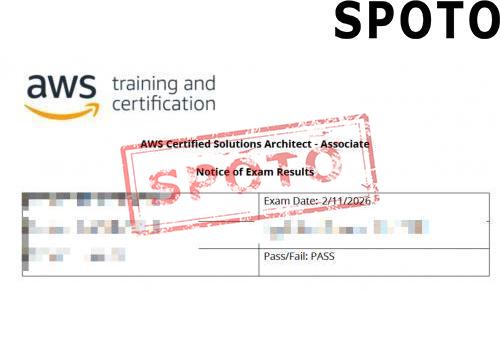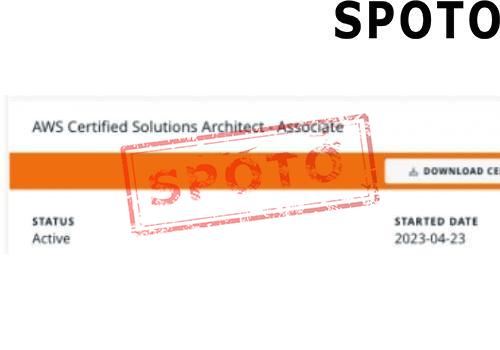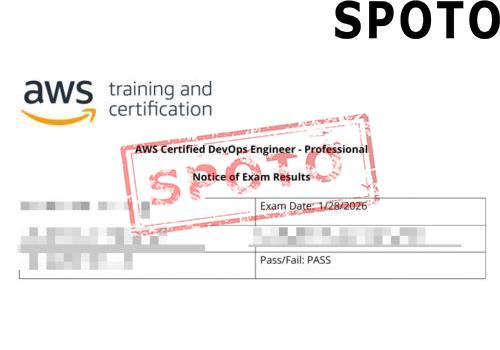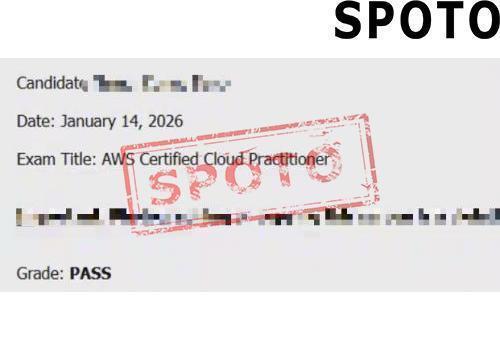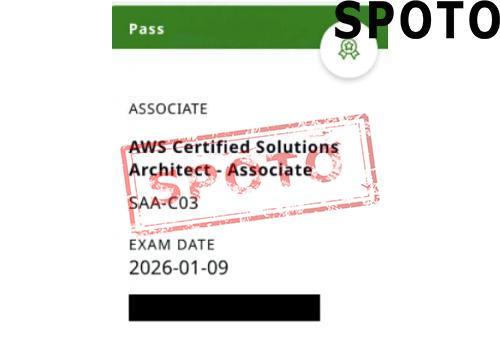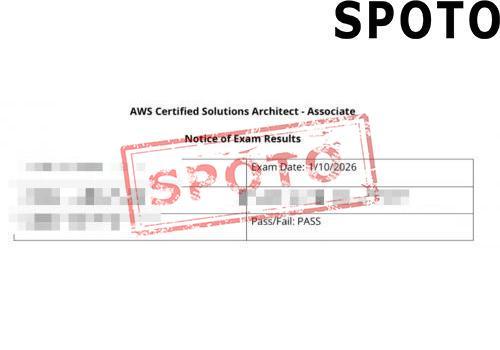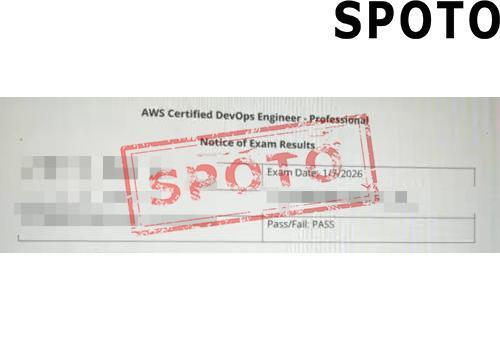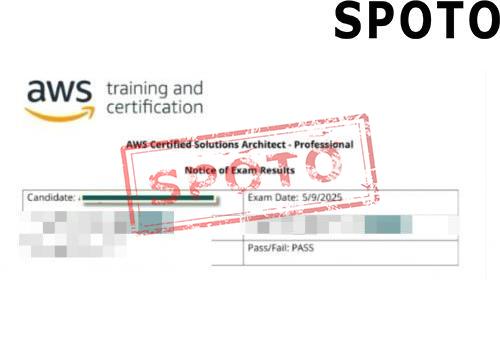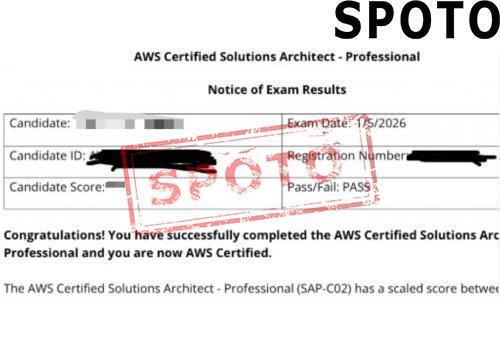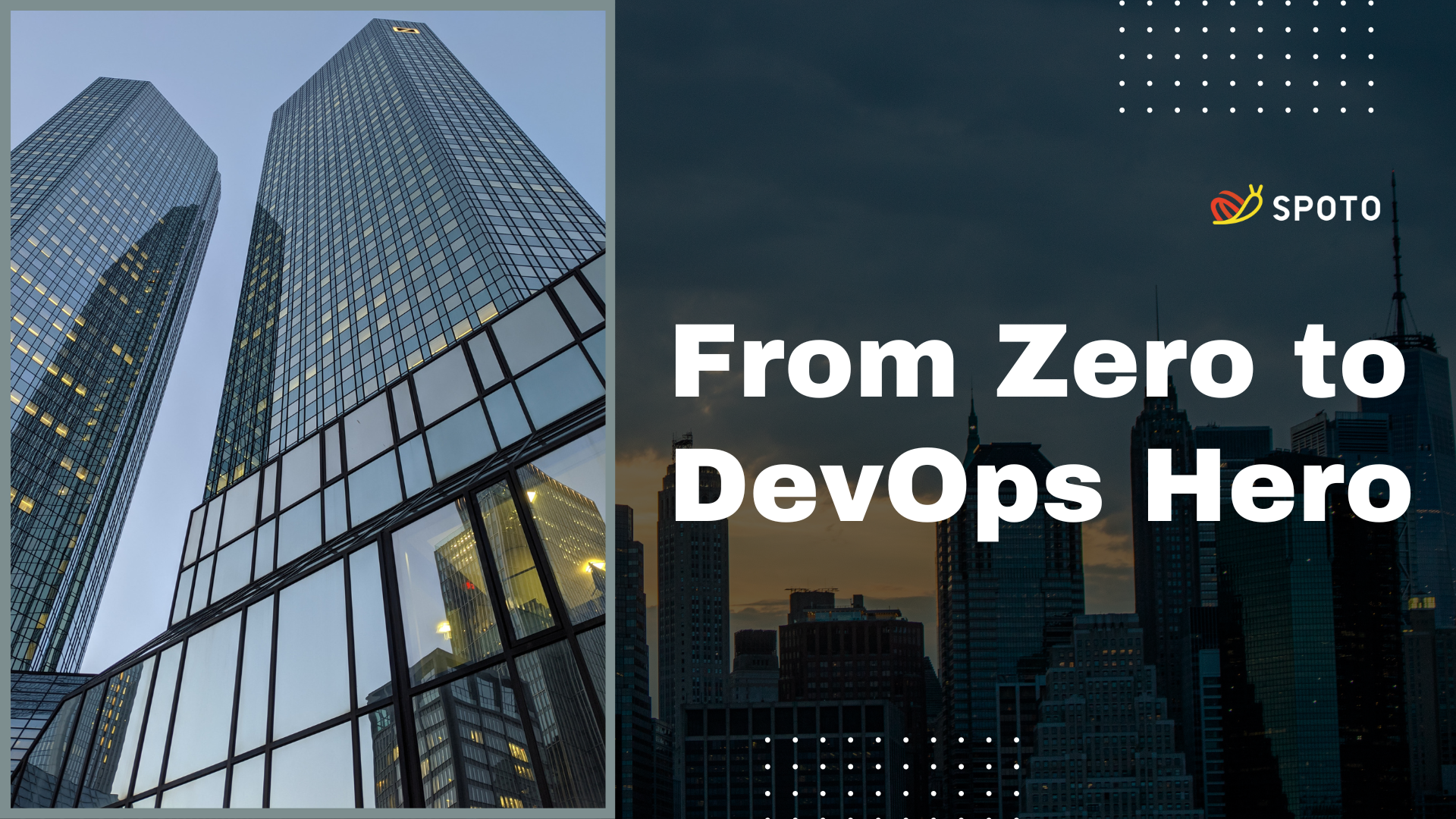
Table of Contents
1. Introduction
In today's fast-paced tech landscape, delivering software quickly, reliably, and efficiently is paramount. That’s where DevOps comes into play—a revolutionary approach that bridges the gap between development and operations. Whether you're a complete beginner or an aspiring tech pro, this guide will walk you through becoming a DevOps hero, with a special focus on the sought-after AWS DevOps Engineer Professional certification.
2. What is a DevOps Engineer?
A DevOps engineer acts as the linchpin in modern software development. They foster collaboration between development (Dev) and operations (Ops) teams, automating processes, managing infrastructure, and ensuring continuous integration and delivery (CI/CD). Unlike traditional roles, DevOps engineers require a multidisciplinary skill set including coding, system administration, automation, and a deep understanding of cloud platforms.
Core responsibilities include
- Building and maintaining CI/CD pipelines
- Automating deployment processes
- Managing cloud infrastructure (AWS, Azure)
- Monitoring systems for reliability and performance
- Ensuring security and compliance throughout the delivery pipeline
In essence, a DevOps engineer helps organizations innovate faster without compromising stability—a crucial trait in the competitive tech arena.
3. How to Become a DevOps Engineer?
Build Foundational Skills
Start with programming (Python, Java) and scripting to automate tasks. Learn Linux basics for server management. Understand CI/CD pipelines and version control. Familiarize yourself with cloud platforms (AWS, Azure, or Google Cloud) and containerization.
Master Core DevOps Tools & Practices
Dive into configuration management and infrastructure as code. Study monitoring/observability tools (Prometheus, Grafana) and logging systems (ELK Stack). Embrace Agile methodologies for collaborative development.
Gain Hands-On Experience
Build a personal project (e.g., deploy a web app with CI/CD). Use free cloud tiers (AWS Free Tier) to practice provisioning resources via IaC. Contribute to open-source projects or join DevOps communities (Stack Overflow, DevOps Reddit) to solve real-world problems.
Pursue Relevant Certifications
Earn AWS Certified DevOps Engineer and Google Cloud Professional DevOps Engineer. For tool-specific skills, consider Jenkins Certification or HashiCorp Certified: Terraform Associate. Certifications validate expertise and enhance job prospects.
Specialize & Stay Updated
Choose a niche (cloud-native, security, or monitoring) and deepen skills. Follow industry blogs and attend webinars/conferences (DevOps Days). Network with peers on LinkedIn or Twitter to stay ahead of trends like AI-driven automation.
Apply for Entry-Level Roles
Target junior DevOps engineer or SRE (Site Reliability Engineer) roles. Highlight projects and certifications in your resume. Prepare for interviews by practicing tool demonstrations and explaining DevOps principles.
4. Why become a DevOps Engineer?
As organizations strive to optimize software development and operational workflows, the demand for DevOps Engineers continues to surge, particularly those proficient in AWS. The AWS DevOps Engineer certification equips professionals with expertise in automating processes and managing cloud infrastructure, positioning them as sought-after assets in today's tech landscape.
Certified AWS DevOps Engineers can explore a range of rewarding roles:
- DevOps Engineer: Oversees the implementation of CI/CD pipelines, automates software deployments, and ensures system reliability through cloud-native tools.
- Systems Administrator: Manages the day-to-day operations of cloud environments, focusing on performance optimization, security, and seamless functionality.
- Cloud Engineer: Designs scalable, cost-efficient cloud solutions on AWS, leveraging services like EC2, ECS, and CloudFormation to meet business objectives.
- Site Reliability Engineer (SRE): Enhances system resilience and performance by integrating automation, monitoring, and incident management strategies.
Salaries for AWS DevOps Engineers reflect the high market demand for their specialized skills. Typical earnings include:
- DevOps Engineer: $95,000–$130,000 annually, driven by expertise in automation and pipeline management.
- Systems Administrator: $80,000–$110,000 per year, reflecting responsibilities in cloud operations and security.
- Cloud Engineer: $100,000–$135,000 annually, with premiums for designing scalable AWS architectures.
- Site Reliability Engineer (SRE): $105,000–$140,000 per year, recognizing expertise in reliability engineering and advanced monitoring.
Work on Cutting-Edge Technologies
Get hands-on experience with AI Ops, serverless, Kubernetes, and more.
Impactful Work
Improve deployment efficiency, system reliability, and security, making a tangible difference in business success.
Related Jobs:
- Cloud Engineer
- Automation Engineer
- Infrastructure Engineer
- Site Reliability Engineer (SRE)
5. Conclusion
Embarking on your journey from zero to DevOps hero might seem daunting, but with persistence, continuous learning, and certification, it’s entirely achievable. Focus on mastering automation and cloud services—especially AWS—and earn your AWS Certified DevOps Engineer - Professional credential. This not only elevates your skill set but also opens doors to a vibrant, high-demand career with rewarding compensation.
Remember, DevOps is about cultivating a mindset of collaboration, automation, and continuous improvement. Start today, and watch yourself become part of the technological vanguard shaping the future of software delivery!
Ready to begin? Dive into AWS tutorials, enroll in training courses, and start experimenting with cloud projects. Your DevOps hero journey awaits!

